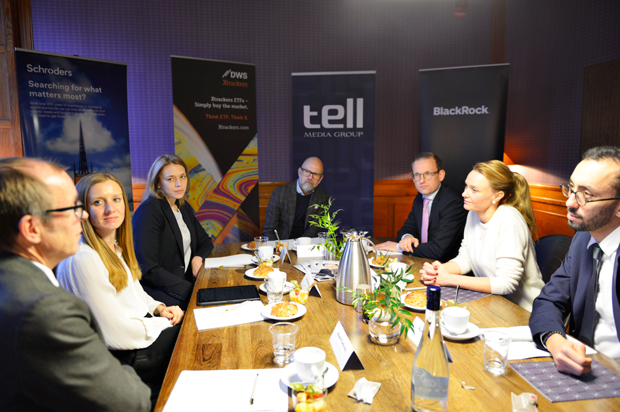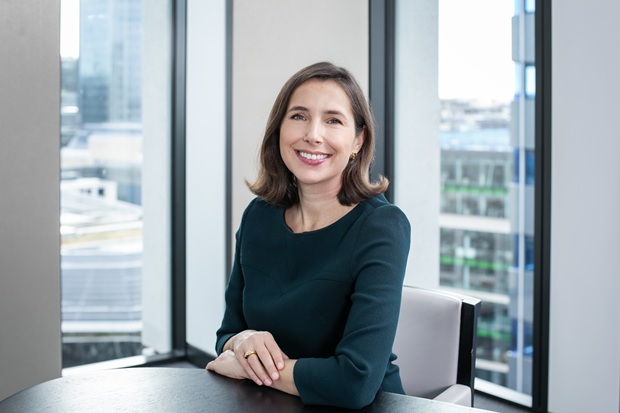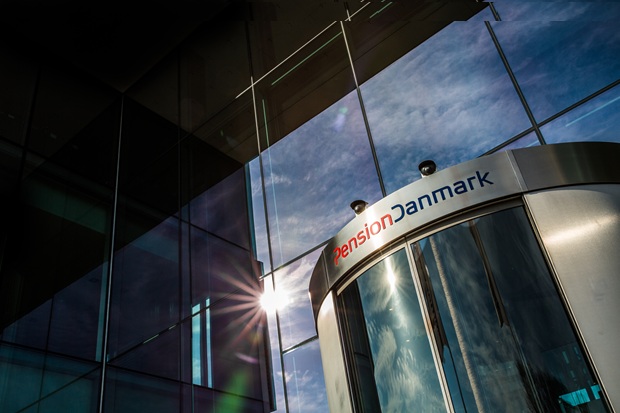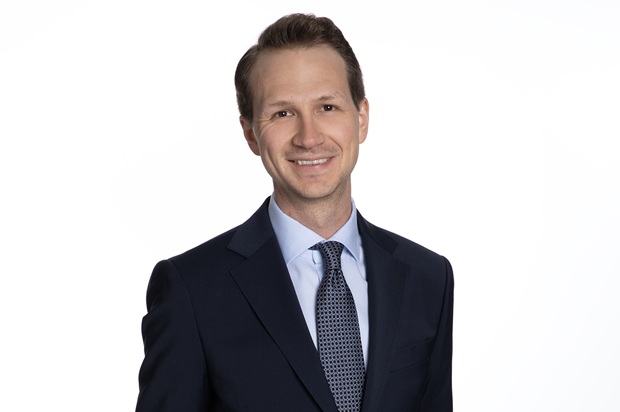
Election uncertainties, AI impact and green transition challenges
At the end of last year, Tell Media Group, in cooperation with Blackrock, DWS and Schroders invited Swedish institutional investors to discuss asset allocation challenges and the outlook for 2024.
The discussion started with Niklas Tell asking the investors about the biggest surprises over the past year and what their expectations were going into 2023.
JAKOB CARLSSON: ”I was here for this discussion last year as well and then I was optimistic about risky assets but pessimistic about the economy. What has surprised me this year has been the dominance of the big seven and their huge impact on markets. Another surprise has of course been the volatility of interest rates this year, with 10-year rates declining 100 basis points at the end of the year after a period where they had increased by some 100 basis points.”
MAGDALENA HÖGBERG: “Last year, I was pessimistic and expected the lag of the tightening to make its way through the economy and we haven’t really seen that to the extent that I expected. I agree with Jakob on the AI rally and the resulting increased concentration of equity markets has been dramatic.”
MARIA QUNDOS: “I agree with what’s been said already. Going into this year, I was also surprised about how eager everyone was regarding China re-opening because I was afraid that would kick off a new wave of inflation but we didn’t see that.”
FABIAN BECHER: “Another surprise was how quickly markets digested the problems in the US regional banks and also of course the speed of central banks actions.”
TARA JAMESON: “For me, 2023 was the year of the latent recession that didn’t happen. I also think we’ve been surprised about how resilient the households and the corporate sector have been and I think we all underestimated how big and long-lasting some of the impacts from the pandemic were. I do believe that the pandemic is a big reason for why the households and the corporate sector managed so well last year.”
KARIM CHEDID: “Just to follow up with two observations on China. First the fact that the re-opening turned out to be deflationary rather than inflationary because it helped ease some of the supply-chain constraints. The pace of that was surprising to me. More broadly, I was surprised by the amount of money that went into duration exposures. And perhaps it was too much too soon.”
NIKLAS TELL: IN WHICH AREA HAS YOUR EXPECTATIONS SHIFTED THE MOST IF YOU COMPARE YOUR OUTLOOK FOR 2024 COMPARED TO YOUR OUTLOOK FOR 2023?
TARA JAMESON: “I think that must be the rate cycle. Last year, we were staring down the barrel of further rate hikes. Now we’re talking about when central banks will start to cut rates. That has a huge impact on asset prices. Compared to last year, we also expect much more divergence across the world as to when different central banks will start to cut rates. We will have different macro-economic paths and it will also make a difference where the inflation came from in the first place.”
FABIAN BECHER: “I actually don’t see a big divergence but rather a fairly similar picture in the US and in Europe right now. We expect less than 1 per cent growth in 2024 for both the US and Europe, while inflation is coming down and central banks are starting their loosening cycle. The difference is that the US has surprised to the upside over the past months, which led markets to price in an almost perfect soft landing. We stay a bit more cautious as after all the labour market and leading indicators are still sending mixed signals with risks both to the up- and the downside. Given current valuations, especially for the tech sector, there’s little room for disappointments. And let’s not forget the elections in the US, where a sweep victory of either Democrats or Republicans would certainly have a market impact.”
TARA JAMESON: “But I do think we have very different sources of inflation. In the US, it’s very much coming from the labour market and in Europe, it’s energy based. The growth picture is also much weaker in Europe. We therefore think that ECB will cut first, so we will have a larger but shorter rate cycle in Europe and it will be a more drawn out cycle in the US.”
KARIM CHEDID: “Historically, the ECB doesn’t start before the Fed and I struggle to see why they would start this time. I do agree, however, that when they start cutting, they make bigger cuts.”
JAKOB CARLSSON: ”Also, I think we need to consider that geopolitical risk is higher today compared to a year ago. Investors will need to keep some buffers and that could hold back returns.”
… continued … the roundtable discussion was originally published in issue 01, 2024 of Nordic Fund Selection Journal and a PDF of the complete story can be found here.
// Participants
- MARIA QUNDOS, Head of asset allocation at Skandia
- MAGDALENA HÖGBERG, Head of strategic allocation and quantitative analysis at AP4
- JAKOB CARLSSON, CEO of Länsförsäkringar Liv
- TARA JAMESON, Multi-asset fund manager at Schroders
- KARIM CHEDID, Head of investment strategy for iShares EMEA at Blackrock
- FABIAN BECHER, Head of CIO Office at DWS



